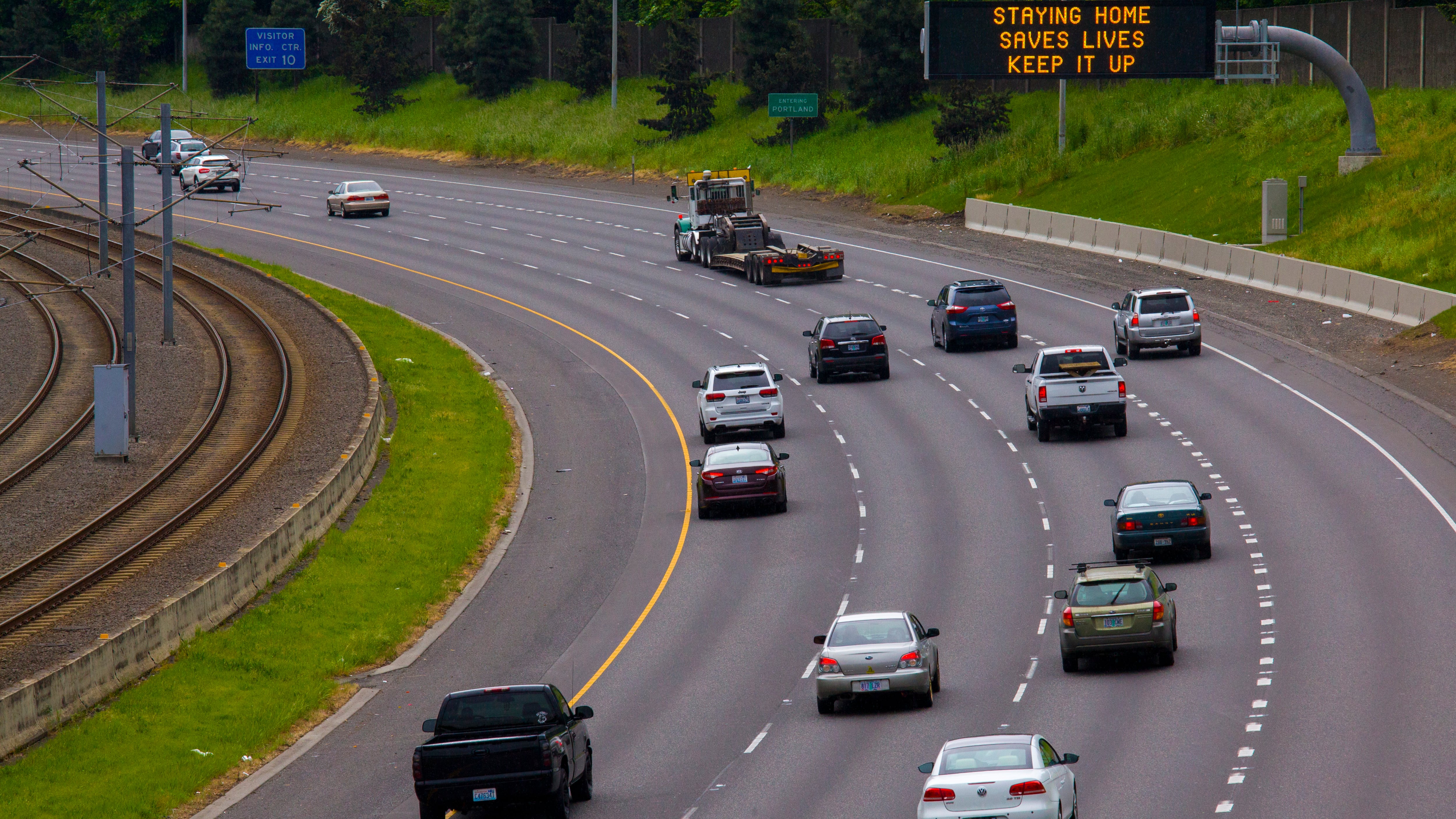UNREST AT THE EMPLOYMENT DEPARTMENT: The Oregon Employment Department has been overwhelmed by claims from nearly 400,000 Oregonians who filed for unemployment benefits because of COVID-19. Many claimants report they can't reach the agency or get benefits. In written testimony to the House Business and Labor Committee on May 27, ODE claims adjudicator Adam Lane blamed agency management. "The department's refusal to permit telework has been disastrous," Lane said. "The work my colleagues and I do can absolutely be done from home, and the department has essentially conceded as such—but they still refuse to allow it. All of the department's representations as to why telework is not possible have been misleading or factually inaccurate." Lane's boss is expected to answer committee questions May 27. An agency spokesperson didn't respond to a request for comment.
COVID-19 THREATENS CHARTER REVIEW: When the Portland City Council approved Mayor Ted Wheeler's 2020-21 budget last week, it OK'd dozens of COVID-caused cuts, including a reduction from $400,000 to $200,000 for a city charter review commission to be empaneled later this year. Reformers hope the group will propose changes in Portland's commission form of government, including expanding the number of council members and shifting bureau management from elected officials to professional managers. That's a heavy, expensive lift and could be harder to accomplish with a 50 percent budget cut. Wheeler's spokeswoman Eileen Park says the panel's work won't be affected. "We chose to do the work with existing staff rather than hiring a new person, not because we've reduced the overall resource commitment to the process," Park says. "The timeline and scope of work are unchanged."
OUTBREAK HITS VANCOUVER BERRY PROCESSOR: A Vancouver, Wash., frozen berry processing plant announced May 26 that 84 people, including 69 employees and 15 of their close contacts, have tested positive for the coronavirus in what has become one of the largest outbreaks at a food processing plant on the West Coast. Firestone Pacific Foods shut down operations of its berry facility May 19, Clark County health officials said in a press release. Facilitywide testing began three days later, on May 22. "These cases may have gone undetected and potentially exposed others had we not facilitated testing of all employees," Dr. Alan Melnick, the county health officer, said in a press release. Washington state health officials have paused the reopening of Clark County, across the Columbia River from Portland, until the outbreak is contained.
TRAFFIC CONTINUES BOUNCING BACK: The Oregon Department of Transportation's weekly snapshot of traffic shows motorists steadily creeping back onto state highways. Data from the first three days of the past week showed a small uptick, leaving traffic overall down just 22 percent from a year earlier (the low point was a 43 percent decline the first week of April). Traffic on U.S. 97, which feeds Bend, one of the first large Oregon cities to reopen, is down just 8 percent from a year earlier.
WHY DON'T WE DRINK IT IN THE ROAD? A plan to turn Portland streets into dining and shopping plazas is gaining traction—both at City Hall and in neighborhoods. The idea is simple: If COVID-19 is spread most virulently in close quarters and Portland restaurants are imperiled by shutdowns, why not move dining rooms outdoors during the summer months ("Outward Bound," WW, May 6, 2020)? Commissioner Chloe Eudaly and city transportation officials have made detailed plans to remove traffic lanes to create room on the blacktop for restaurant takeout service, outdoor dining, shopping and even barber chairs. Meanwhile, Sunnyside neighborhood resident Zach Katz is shopping a plan to close several blocks of Northeast and Southeast 28th Avenue in Kerns, and Southeast Belmont Street in Sunnyside, to create "Portland promenades." His backers include bars like Circa 33 and Beulahland, which appear eager to serve pints on the pavement.

